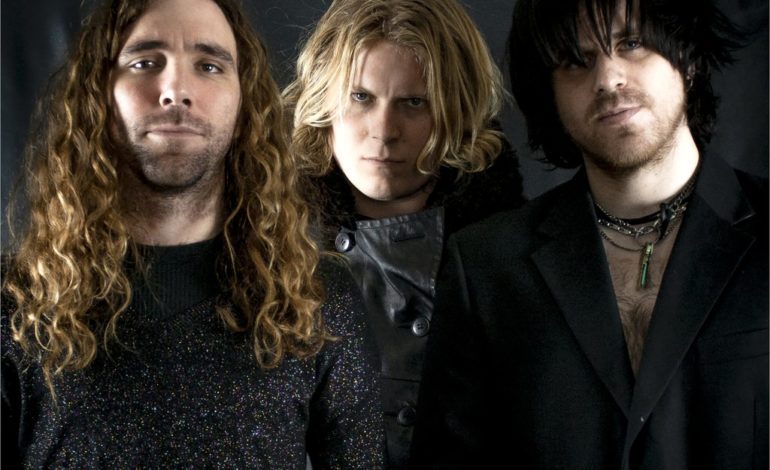

Refreshing, eccentric and frisky
San Francisco-based rock trio Fuzz is back with their third album, the aptly named III, an exhilarating 36 minutes of rewarding exuberance. The band’s composition style is fairly unshackled, as opposed to sticking with more conventionally rigid song structures. This collaboration between Ty Segall (vocals and drums), Charles Moothart (vocals and guitar) and Chad Ubovich (vocals and bass) further showcases their distinct songwriting ideas and innovative musicianship.
The opener of the album, “Returning,” works in complex meters and rhythms. The guitar riffs and vocals, which are supported well by Segall’s heavy drumming, manifest a psychedelic atmosphere. Towards the end, Moothart nails a flaring guitar solo, which works beautifully alongside the other riffs and vocals. Oddly enough, the seemingly chaotic combination of the instruments does not sound incongruous; the trio’s penchant for teamwork is stronger than ever.
Although the next track “Nothing People” is more straightforward structurally, the group still manages to work in some groovy riffs and a catchy chorus. This song also has complicated meters, heavy drumming and guitar solo, but with fewer psychedelic effects. The following track “Spit” is progressive in a similar fashion to the first two tracks, but differentiates itself through some truly impressive and brisk guitar fills.
“Time Collapse” has two parts: a slower-paced psychedelic rock song and a faster, more intense instrumental section. The instrumental part, in particular, has a groovy bassline, blazing drum fills and a capricious guitar solo. In the end, the drums continue to speed up until the song abruptly ends, as if the time had actually collapsed. The heaviness of “Time Collapse” carries over to the subsequent track, “Mirror.” This song exerts an immense amount of energy through explosive drum beats and vital guitar riffs. Overall, the track feels speedy without losing its heaviness, especially when compared to the previous songs.
“Blind to Vines” sounds much cleaner, and refrains from the high energy nature of some of the previous tracks. In essence, it embraces a simplicity of which Segall, Moothart and Ubovich have been wary up to this point in the project. Hence, the guitar solo in this song is more pronounced. The outro is reminiscent of “Time Collapse,” in that the climax intensifies in some way, but this track ends with a fade-out, which leaves a completely different impression on the listener.
The album closes with “End Returning,” the antithesis of the intro track. This is the first track in the album that features a piano. As the Fuzz project continues to develop, it will be interesting to hear where the band goes with piano or keyboard parts in future compositions. The song starts off slow, before abruptly introducing a newfound speed and intensity. Its tempo and intensity switches back and forth, ultimately settling in the outro. The ending is a reprise of the main riff of “Returning,” which is a neat way to complete and loop the album.
Fuzz has truly shown what they are capable of in III. Their techniques and creativity in songwriting are impressive, especially in the progressiveness of their music. While the band’s style may not be compatible with the mainstream, as their music strays too far outside the approachable, it still contains the grooviness and heaviness that listeners would expect from a rock song. The development of Fuzz’s already complex music and distinctly fuzzy tone continues to be incredibly rewarding.
